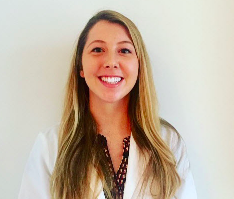Featured Princeton Dermatologists
More Princeton Dermatologists
Patient Education
Acne - Preparing for Your Appointment
There are some simple steps you can take to have a more productive appointment with your dermatologist. Create a list of questions for the visit and jot down notes that summarize your personal experience with acne, including acne treatments you have tried and things that make your acne better or worse. Take photos of the acne where it bothers you the most, including a selfie. Come to the visit in loose-fitting clothing and do not wear makeup. Be aware that it can take 6-8 weeks to see results. More...
Atopic Dermatitis
Atopic dermatitis is the most common type of eczema. It causes episodes of dry, itching, and inflamed skin. Treatment options include topical and oral corticosteroids, topical non-steroids (calcineurin inhibitors, crisaborole), antihistamines, immunosuppressants and new biologics (dupilumab). Your dermatologist will recommend a treatment based on your age, its severity, and your response to past treatments. More...
Biologics for Eczema
A class of medications called "biologics" may be prescribed for the treatment of severe eczema. Biologics, such as dupilumab, are delivered by injection and may be used in combination with other eczema treatments. More...
Choosing Botulinum Treatment
Botulinum toxins are the most commonly used cosmetic treatments. Several forms are now available, including Botox®, Dysport® Jeauveau®, and Xeomin®. Each offer different advantages. Your dermatologist will recommend a formulation and treatment plan based on several factors, including your desired results and use of other cosmetic procedures. More...









